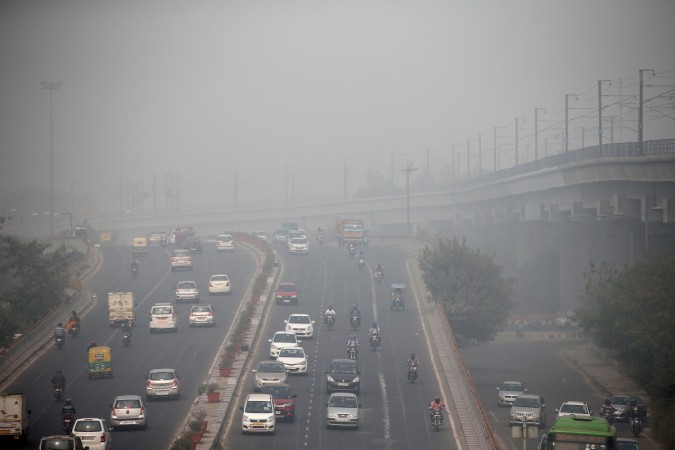The Delhi government released an ambitious draft electric vehicle policy proposing that every fourth vehicle registered in Delhi in 2023 will be electric. The policy proposes charging points at every 3km, complete waiver of road tax, registration fee and one-time parking fee for all e-vehicles eligible for FAME India incentives till 2023.
The draft proposes 100% subsidy (up to Rs 30,000) on installation of the first 10,000 charging points at residential and non-residential buildings.
Subsidies for FAME-I gets Rs. 100 crore boost, FAME-II delayed yet again
The Centre has extended the FAME-I scheme till March 2019 – its fourth extension in a row since its launch in April 2015 – but increased its quantum of subsidies for EV customers by Rs. 100 crore, to now offer a cumulative subsidy of Rs. 850 crores.
Yet the announcement of Phase-II of the scheme – which would facilitate setting up of EV charging infrastructure across India – is still delayed, despite the finance ministry already having approved Rs. 4,000 crores as subsidy outlay for its implementation.
Volvo to assemble hybrid electric vehicles in India from next year
Volvo Cars will start assembling the hybrid electric version of its premium sports utility vehicle XC90 T8 at its Bengaluru facility by the end of next year, the Swedish luxury carmaker said. This will be the first locally assembled plug-in hybrid vehicle (PHEV) in the country.
German Telecom to build charging network
Telcos are the new entrants in EV charging infrastructure. Deutsche Telekom will launch electric vehicle charging stations network in Germany by “adding power cables to existing existing fixed line and cable infrastructure boxes on residential roads.”
British Columbia aims to make all new vehicles 100% zero-emission by 2040
The Canadian province of British Columbia (BC) will only allow the sales of zero-emission vehicles within the province by 2040 to reduce air pollution. Under the Clean Energy Vehicles for British Columbia program, residents will be offered between $5000 – $6000 in incentives to buys hybrids and battery and hydrogen-powered vehicles.
BC’s support for clean energy comes amidst the Trudeau government coming under sharp criticism for its $3.5billion purchase of the Kinder Morgan pipeline – which will transport oil extracted from tar sands to the US – and the province of Alberta proposing that rather than follow strict federal rules, its oil and gas firms be allowed to completely omit reports on their methane emissions.
Germany, France steps up plans to mass produce EV batteries
German battery maker Varta plans to mass produce lithium-ion battery cells for electric cars as it seeks to take on Asian leaders in the sector. Varta has struck a deal with Germany’s research body Fraunhofer Institute. The German government has earmarked 1 billion euros ($1.1 billion) to support domestic companies looking to produce battery cells for electric vehicles as a way to reduce German carmakers’ dependence on Asian suppliers and protect jobs at risk from the shift away from combustion engines.
France seeks European battery deal to compete with Asian suppliers
Meanwhile, France called on European battery manufacturers and carmakers to create a consortium able to meet the growing demand for EVs and compete with dominant Asian producers.
“A consortium must be at the European level because the French market alone will not be enough. We support the creation of a European battery sector, said energy minister Francois de Rugy.
About The Author
You may also like
New report shows ways to build an efficient e-bus ecosystem in India
Corporate watchdog accuses Toyota of misleading marketing, greenwashing
Electrifying India’s Roads: Financing EVs – Challenges, Progress and the Road Ahead
Five lithium and cobalt mines identified in overseas exploration
India approves $7 billion plan for 10,000 electric buses in 169 cities in next 10 years


